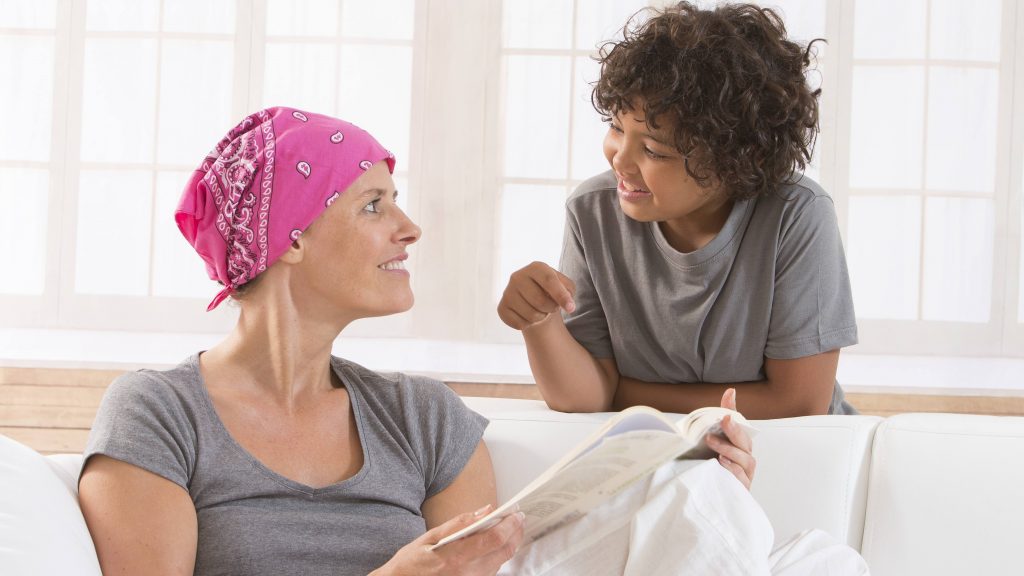-
Why patients with lung cancer in a COVID-19 era need to keep their treatment

Patients with cancer are at a higher risk of having a more severe COVID-19 illness. "Unfortunately, COVID-19 has severely affected those who are diagnosed with lung cancer," says Dr. Shanda Blackmon, a thoracic surgeon at Mayo Clinic. "We know that these patients who get infected with COVID-19 while they’re immune compromised are increasingly susceptible to having a worse survival."
Watch: Dr. Shanda Blackmon discusses lung cancer and COVID-19
Journalists: Sound bites with Dr. Shanda Blackmon are in the downloads at the end of the post. Please courtesy "Shanda Blackmon, M.D. / Thoracic Surgery / Mayo Clinic."
"The lung is basically an airway that passes from the throat down into the chest, branches to the right and the left, and has sacs that are air filled called alveoli. Any time a tumor forms inside any of those branches or inside the air-filled sacs, this is called lung cancer if it is originating from that area," says Dr. Blackmon.
"Unfortunately, during the COVID-19 pandemic, there have been significant delays in getting patients with a new diagnosis of lung cancer to treatment, says," Dr. Blackmon. "Patients who have been delayed in diagnosis and treatment are now suffering from possible advanced disease. We want to make sure that there are no delays in assessing patients with lung cancer and getting them in, diagnosed, staged and treated."
Treatment options for lung cancer depend on the stage of the diseases. The care of a patient with lung cancer and may involve a multitude of different types treatment including chemotherapy, radiotherapy or immunotherapy and surgery.
Take precaution to avoid COVID-19 risks
For patients who are currently undergoing treatment for lung cancer, Dr. Blackmon recommends taking strict quarantine measures. "Protect yourself if you are immune compromised and do not go out in public as much as you might have before. Stay away from people, keep social distance of 6 feet, wear a face mask where appropriate, and make sure that you limit your contact with other family members who are at high risk for contracting COVID-19."
"As a provider taking care of patients, I’ve seen many of my patients putting themselves at risk, and trying to help care for their families. While good intentioned, you do have to realize that protecting yourself is protecting your family."
COVID-19 is caused by the virus known as severe acute respiratory syndrome coronavirus 2 (SARS-CoV-2). While most people will have mild to moderate symptoms, those at higher risk may face complications including pneumonia in both lungs and organ failure.
______________________________________________________
For the latest updates on the COVID-19 pandemic, check the Centers for Disease Control and Prevention website. For more information and COVID-19 coverage, go to the Mayo Clinic News Network and mayoclinic.org.







